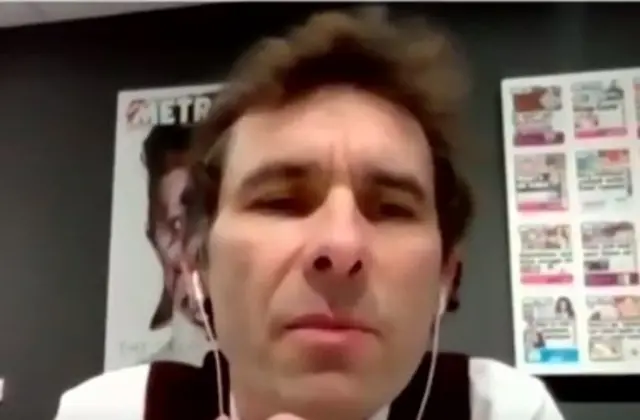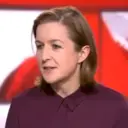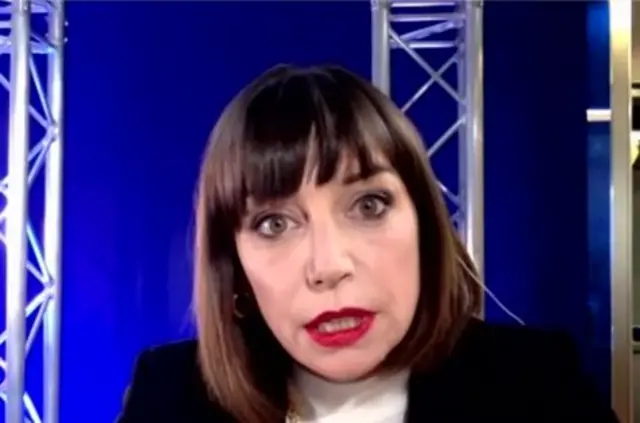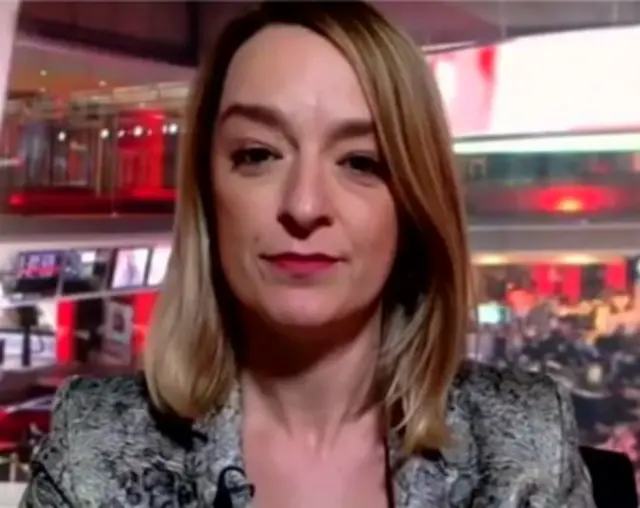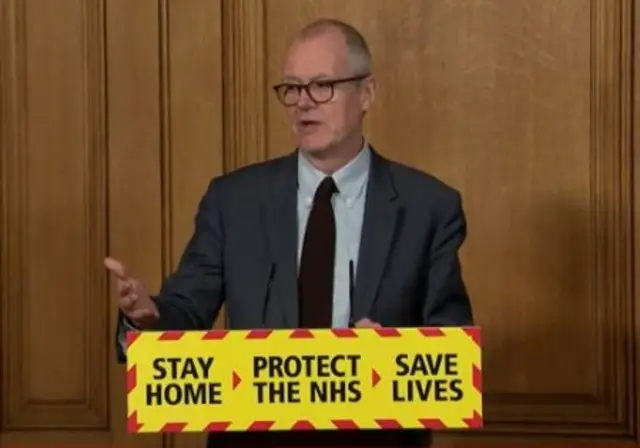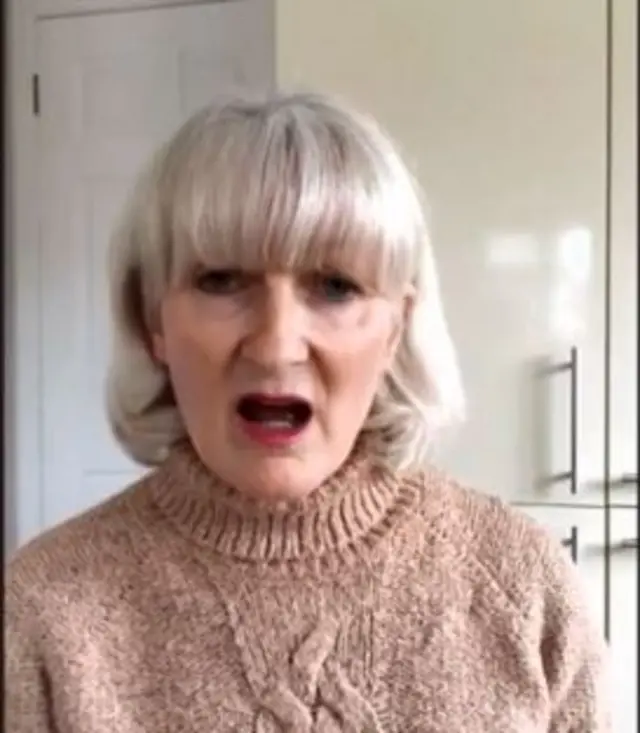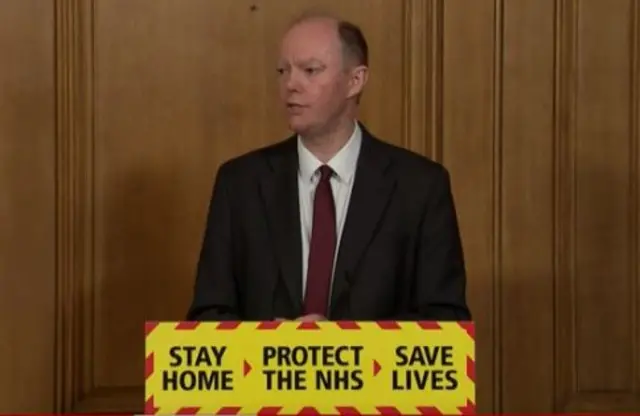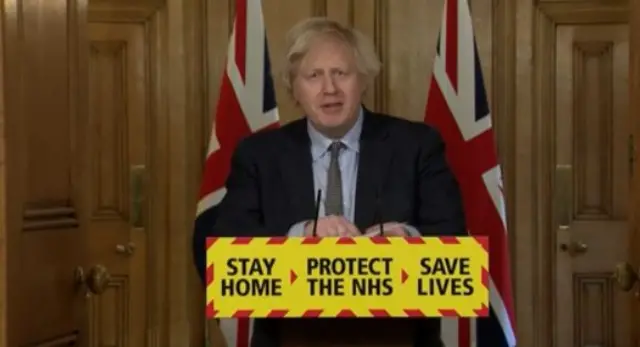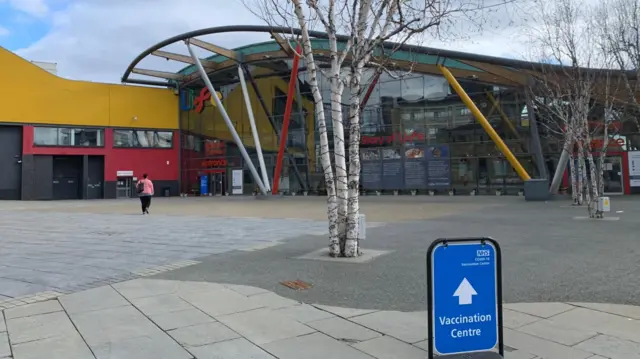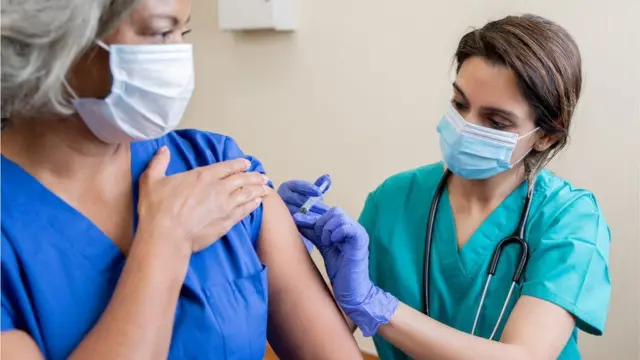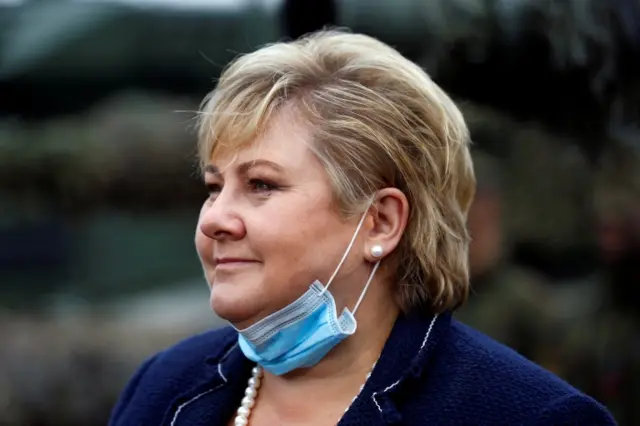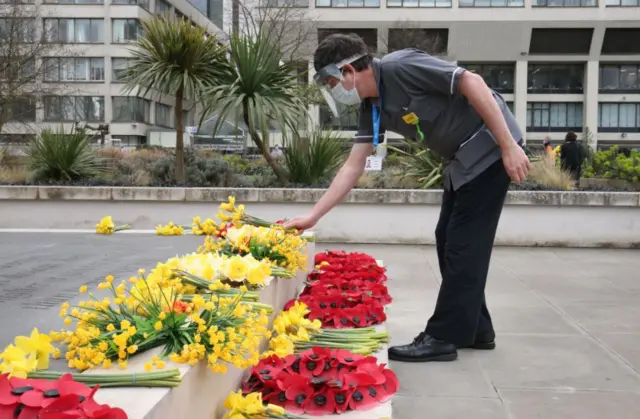Will the UK share vaccines being produced in the EU?published at 17:52 GMT 23 March 2021
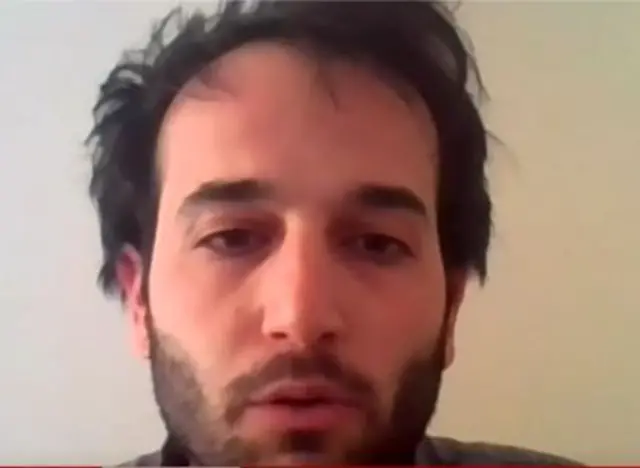
Emilio Casalicchio from Politico says the EU wants the UK to share vaccines made in a facility in the Netherlands. He asks if the UK will share these vaccines, or if they can afford to be shared.
Boris Johnson says the UK and EU are "fighting the same" virus across the world. The vaccine has been created thanks to some "great co-operation" between scientific teams, he says. The UK doesn't believe in blockades, he states, of vaccines or of vaccine material.
Sir Patrick Vallance says it is a "miracle" that the world has vaccines. "This is something that is only going to be sorted out when everybody is sorted out," he says.
Professor Chris Whitty says vaccines require input from multiple countries, "this should be seen as an international issue," he adds.
With that, Boris Johnson calls the press conference to an end.
